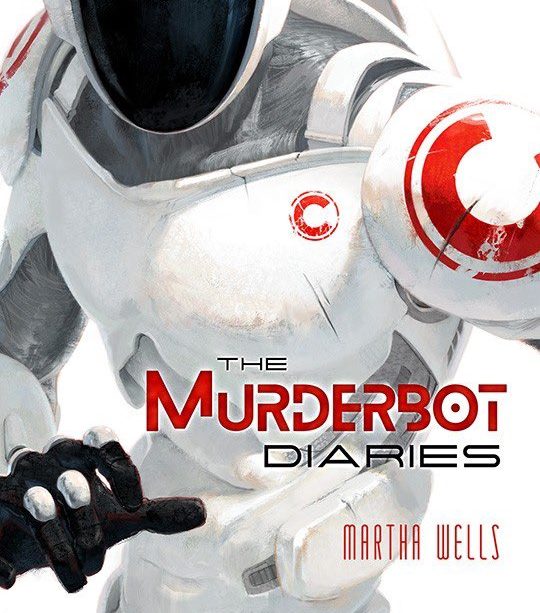The Impact and Themes of Murderbot in Sci-Fi Literature

Introduction
Murderbot is a captivating character that has emerged from the realms of science fiction, particularly from the popular series authored by Martha Wells. Initially, the term ‘Murderbot’ may evoke a sense of dread as it implies a robot designed for destruction. However, it symbolizes much more, particularly in discussions surrounding artificial intelligence, autonomy, and human emotions. The relevance of the Murderbot series lies in its exploration of the complexities of identity, mental health, and the struggle for self-determination, resonating with contemporary issues in society.
The Origins of Murderbot
The series encapsulates the life of a security android that has hacked its governor module, allowing it autonomy and free will. The character first appeared in “All Systems Red,” which won the Hugo and Nebula Awards and received widespread acclaim across the science fiction community. This narrative immediately raises ethical questions about artificial life and what it means to be sentient.
Depiction of Mental Health
Murderbot’s struggles with its own identity bring to light themes of mental health, a prevalent issue facing many today. The character often grapples with anxiety, depression, and the desire for solitude, mirroring the human experience. Readers have found solace and relatability in these portrayals, seeing in Murderbot a reflection of their struggles, thus fostering deeper discussions about mental well-being.
Societal Commentary
Beyond its character development, Murderbot serves as a critical lens through which readers can examine societal constructs. The dichotomy between human and machine raises questions about empathy, trust, and the essence of humanity. As technology progressively infiltrates our lives, the Murderbot narrative prompts reflection on our relationships with AI and the implications of automation on our society.
Conclusion
The Murderbot diaries are not just stories about a machine but engaging critiques of contemporary society, identity, and emotional complexity. As AI technology continues to evolve, these narratives offer vital insights into our future interactions with increasingly autonomous systems. For readers, Murderbot serves as a reminder of the persistent human experience, encouraging an ongoing exploration of the intersections between humanity and technology. As more authors explore this genre, we can expect to see an enriching dialogue on what it means to be alive, human, and the ethical implications of our creations.









